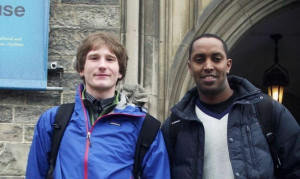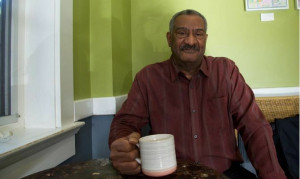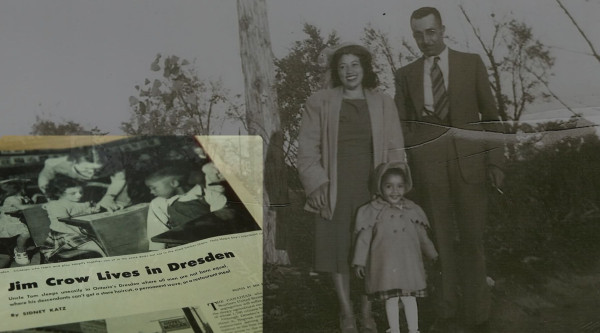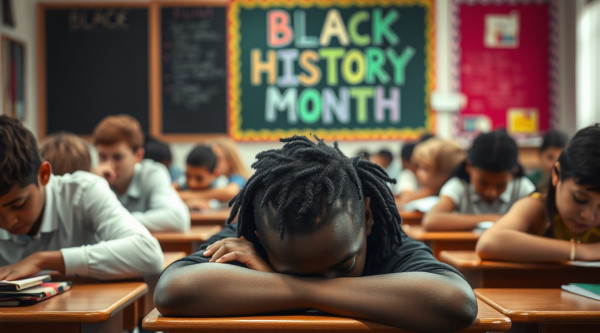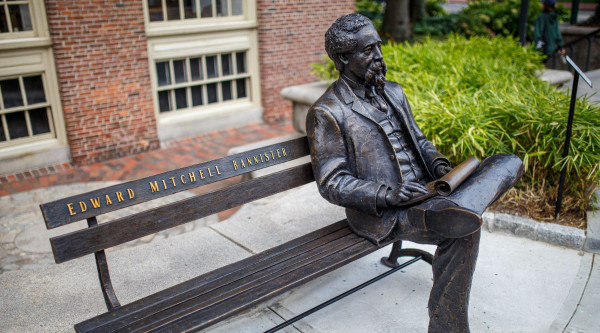For people of the African diaspora, loss, disappointment, and suffering, are pretty fair descriptors when placed within the historical context of slavery, racial prejudice, and cultural erasure. I can think of few things more consolatory in nature than the idea of a month within which to celebrate the culture and historical achievements of a people, still to some extent experiencing a different level of loss, disappointment and suffering, with the expectation that they should be satisfied with this month as some consolation prize. For me, it’s with a bewildering combination of both pride and enmity that I choose to acknowledge it. However, sometimes I come across unique and actually well thought out ways to celebrate the history that don’t seem like a cut and paste corporate or government acknowledgment. On February 24th, local tour company Urban Expeditions will attempt to unlock Black history relevant to Toronto, through a 4 hour Unlockthecity game event. The idea is to make experiential learning fun and relevant while creating a modern environment that appreciates the achievements of the African and Caribbean diaspora. I spoke to the founder of the company and event organizer Peter Odle about the game, and why he created it.
What is #Unlockthecity?
In uncomplicated terms, Unlockthecity is an experiential game that provides teams of 3 with the tools they need to navigate the city and explore various aspects of urban culture. It’s also an opportunity for players to test their street smarts. For their efforts, we reward the top teams with great prizes. It’s important to note that Unlockthecity is a game – not a race. There is both intrinsic and extrinsic value in this experience.
How did you come up with the idea of an #Unlockthecity Black history month edition, and what are some of your goals for the game?
I’ve always loved designing and playing the Unlockthecity game; probably because I have a hands-on learning style that I transformed into a business. With each new opportunity we’re given to engage our educational and corporate clients through play, I truly believe that Unlockthecity is the best method of learning your way around the city. The idea of an Unlockthecity game for “Black History Month” sprung from a conversation I had with international diversity and inclusion consultant Annemarie Shrouder. She works with corporate groups, law firms and not-for-profits to educate them on the importance of diversity in the workplace. She challenged me to use the game to enhance the BHM celebration.
How is the game going to be played?
Players are asked to build their own teams of three. We provide each team with a digital and printed game-board at the start location, as well as refreshments at designated spots along the way. Teams are then given up to 4 hours to explore the locations on the game-board and collect points for a chance to win great prizes.
Do you have plans to expand the game beyond the confines of Black History Month? Why or why not?
For sure. What I’ve discovered about the process of creating the BHM game is that I truly didn’t know enough about my own ethnic community. It was an incredible experience to step outside of my comfort zone and knowledge base. The Unlockthecity game isn’t just about Black history month; it’s as much about how much fun this method of learning can be. The annual cultural calendar is full of opportunities to celebrate diversity like the Indigenous, Latinx, Irish, Jewish and Asian history months.
What is the importance of showing the relevance of Black history’s shared narrative with Toronto’s, and why do you think it’s so poorly known?
Everybody’s history is important. History is the connective tissue that brings us all together; for better or worse. Black history is also quite complex. Black history has many branches that go way back to Africa, the Caribbean, Latin America and the Canadian east coast. I think a great question to start with is why would Black history be celebrated on the coldest, darkest month of the year? Many people can’t answer this question. The reason for this extends back to 1926 when Dr. Carter G. Woodson selected a U.S. Negro education week that coincided with the birthdays of Abraham Lincoln and Frederick Douglas – days that were both in the month of February.
Can you give me one example of significant local history that might be lesser known by people in the city?
Yes. There are a few. One story that stands out is the narrative of Thornton and Lucie Blackburn. Former slaves from Kentucky who fell in love and bailed on the plantation when they discovered they were about to be sold to different owners. They made their way to Michigan and were recaptured. Lucie was rescued by allies in the Black community; but it was Thornton’s jailbreak, assisted by 400 members of Detroit’s Black community, that started the first Detroit race riots. When they finally made it to Upper Canada, Thornton started Toronto’s first taxi service; dubbing his custom built, horse drawn carriage “The City.” He also assisted in the building of Little Trinity Anglican Church in Corktown, and was an associate of abolitionist and politician George Brown.
I sometimes feel like Black history month is some sort of consolation prize for being made to experience some of the negatives within our history. What are your feelings around “Black History Month” as this month where the world is supposed to appreciate our history, versus the idea that we are in the midst of creating our history everyday?
No one gets to where they are without the hard work and sacrifice of their ancestors. Often it’s the unintended consequence that each subsequent generation becomes a bit more complacent and tends to forget the struggle – or the history – which leads to a sense of entitlement. I think it was Talib Kweli who said in a song “the greatest moment in history is now.” In my opinion, there are two options. Clearly and honestly remember the historical narrative, or endeavour to create a new one.
Click here if you're interested in joining the game.
Byron Armstrong is a freelance writer and lifelong Torontonian, raised in Jane-Finch and living downtown.
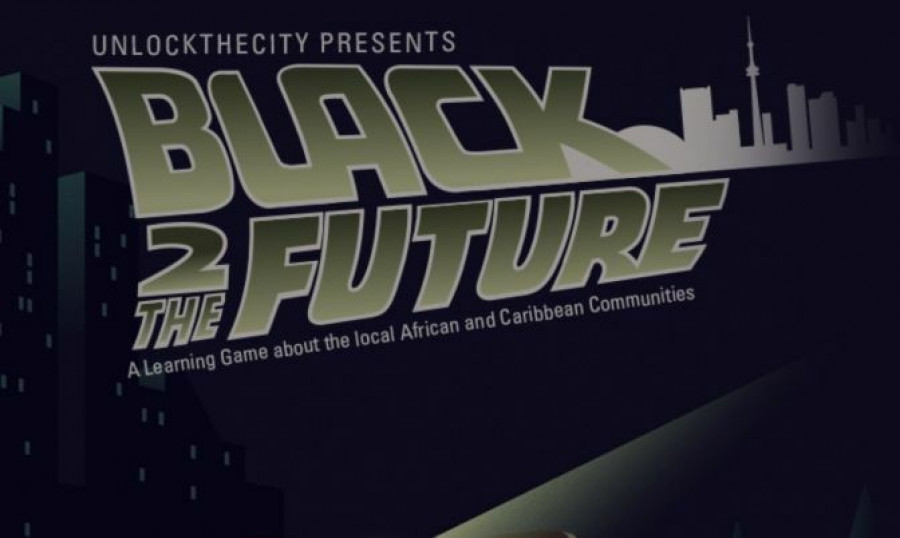
 By Byron Armstrong
By Byron Armstrong 




